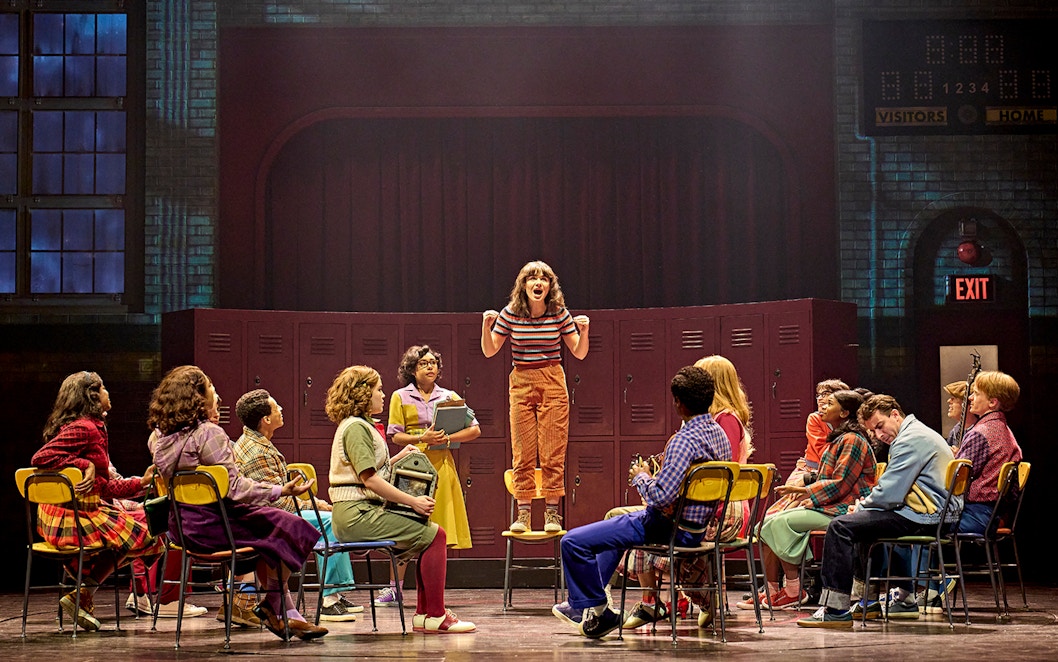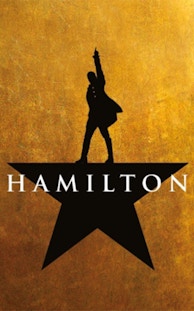Cabaret Reviews

Box office tickets
Instantly confirmed to your phone
Choose your seats
The view you want, every time
Exclusive deals & discounts
Save big on London's best shows
Book and relax
Trusted by NaN million guests and counting
Awesome
306Good
60Average
20Poor
7Terrible
0Here’s what we think: Review by Headout
Wilkommen, Bienvenue, Welcome to the seediest, spookiest, strangest show in town. Descend down, down, down into the red-lit bowels of the KitKat Club – don’t miss the free shot of schnapps on your way in – and up, up, up into the magnificent Gold Bar, where corseted dancers writhe above the top-shelf liquor. Inside the Playhouse, transformed from top to bottom by Tom Scutt, 1920s opulence meets the grit and sleaze of Berlin nightlife: ushers proffer champagne to tables, musicians warm up the crowd with jazz solos, and a hundred lamps pierce the smoky haze. When the tasseled chandeliers rise into the rafters, settle in and lose yourself in the dark magic of Cabaret.
Andrzej Lukowski,
Time Out"It’s a lot. There’s the Hollywood superstar off doing his own thing. There’s the radical redesign of the theatre, and the bells and whistles that come with that. There’s the costumes and overtly queer aesthetic – the desire to adopt some of the characteristics of a safe LGBTQ+ space. And then the actual, brilliant, chilling story of ‘Cabaret’, superbly realised, with a performance from Jessie Buckley that deserves to win awards. Frecknall’s show doesn’t need all of this to work, and in places less could have been more. But fundamentally, it’s a great production of ‘Cabaret’ that’s good enough to triumph over the myriad distractions it throws in its own path.”
Arifa Akbar,
The Guardian“This revival of John Kander and Fred Ebb’s 1966 musical might as well come with its own distinctive Kit Kat Club drumroll: one of the hottest – and more expensive – tickets of the year, its high concept staging extends across the venue, turning the foyers and the facade into the Weimar-era Berlin cabaret club in which its drama is set."
Sarah Crompton,
WhatsOnStage"Scutt's costumes are a riot of soft colour and texture, and Julia Cheng's extraordinarily detailed choreography creates a tawdry, sexualised world, where everyone gets to express themselves and no-one is quite what they seem. By the close of a devastating night in the theatre, that image has been replaced with beige uniformity and straight lines of movement. The Nazis rise to power, documented in Joe Masteroff's book in which the Emcee becomes a symbol of the soul of Germany, is shown not through familiar images of black and red – though one swastika armband does make a shocking impression – but by colour literally seeping out of the world."

















